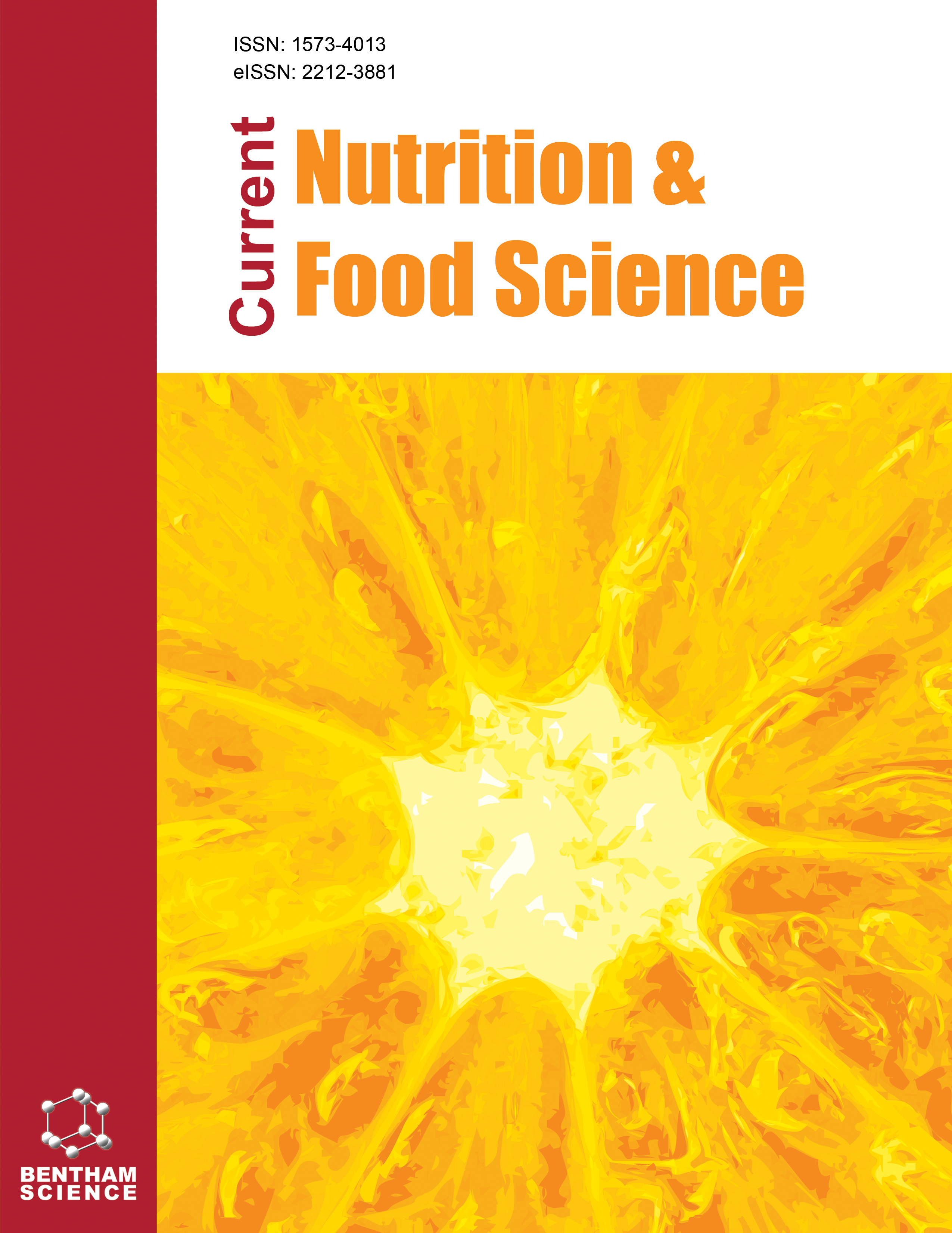
Full text loading...
Gut pathogens pose a significant threat to human health by disrupting the balance of intestinal microbiota. While antibiotics are effective in treating gut dysbiosis, the emergence of multidrug-resistant bacteria presents a daunting challenge. Moreover, the accumulation of these drugs alters gut microbiota and affects their pharmacokinetics. Consequently, probiotics are increasingly recognized as safe and sustainable means of maintaining a healthy gut microbiota, contributing to the achievement of Sustainable Development Goals (SDG), particularly SDG3 which emphasizes good health and well-being. Bacillus species, as probiotics, play a crucial role in restoring equilibrium of gut microbiota by promoting a favorable microbial population and enhancing intestinal integrity. It has been shown to produce biologically active metabolites with antimicrobial properties against enteric pathogens and anti-inflammatory substances that aid in healing the intestinal mucosa from dysbiosis. Additionally, they modulate the immune system through communication with immune cells, competitively exclude pathogens, and activate humoral and innate cell populations. The enteric nervous system, residing in the gastrointestinal system, governs the physiological functions of the gut and its interactions with extraintestinal organs. In this review we explore the antimicrobial compounds produced by Bacillus species to enhance their impact on gastrointestinal health and disease, as well as insights into the connection between intestinal and extraintestinal diseases.

Article metrics loading...

Full text loading...
References


Data & Media loading...

